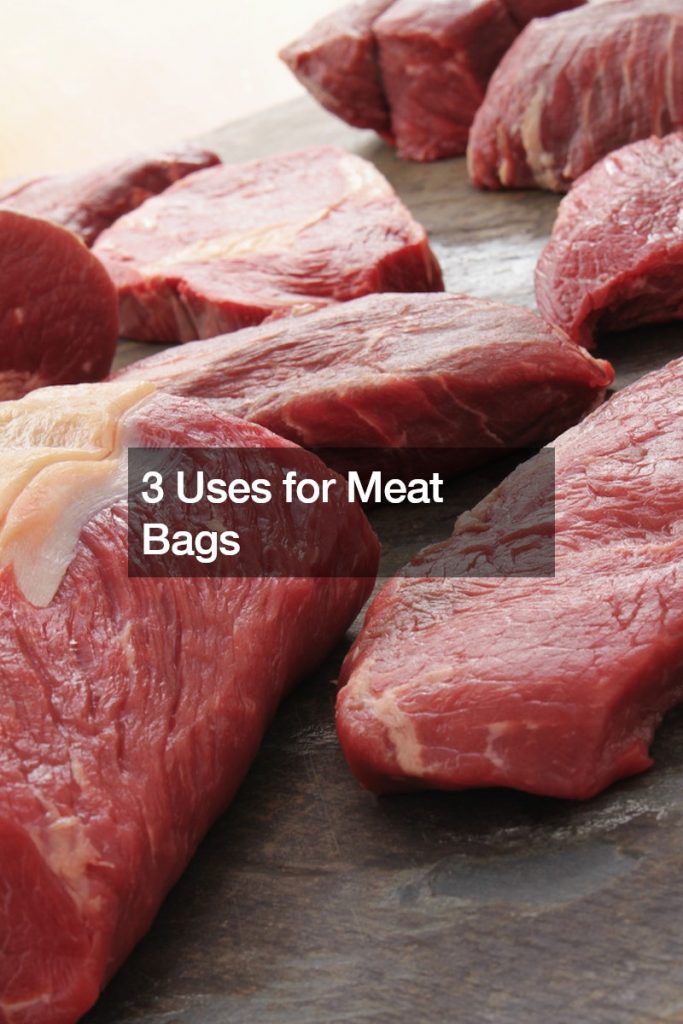Meat bags, also known as meat packaging bags or meat storage bags, serve several important purposes in the food industry and for home food storage. Here are three common uses for meat bags:
Storage and Preservation:
One primary use of meat bags is for storing and preserving fresh meat products. These bags are specifically designed to keep meat fresh and free from contaminants during storage. Vacuum-sealed meat bags remove air from the packaging, minimizing the risk of spoilage and freezer burn.
By creating a tight seal, meat bags help extend the shelf life of meat products, preserving their quality and flavor for longer periods.
Transportation and Distribution:
Meat bags are essential for transporting and distributing meat products from processing facilities to retail stores, restaurants, and consumers’ homes. Durable and leak-resistant meat bags ensure that meat products remain intact and hygienic during transit. Additionally, meat bags may feature labels or markings to indicate product information, expiration dates, and handling instructions for safe and proper storage.
Marinating and Seasoning:
Some meat bags are designed for marinating and seasoning meat before cooking. These bags are typically made from food-safe materials that can withstand exposure to marinades and seasonings. Marinating meat in specially designed bags allows for even distribution of flavors and enhances the taste and tenderness of the meat.
A meat bag plays a crucial role in storing, transporting, and preparing meat products, ensuring freshness, quality, and food safety throughout the supply chain and in home kitchens.



